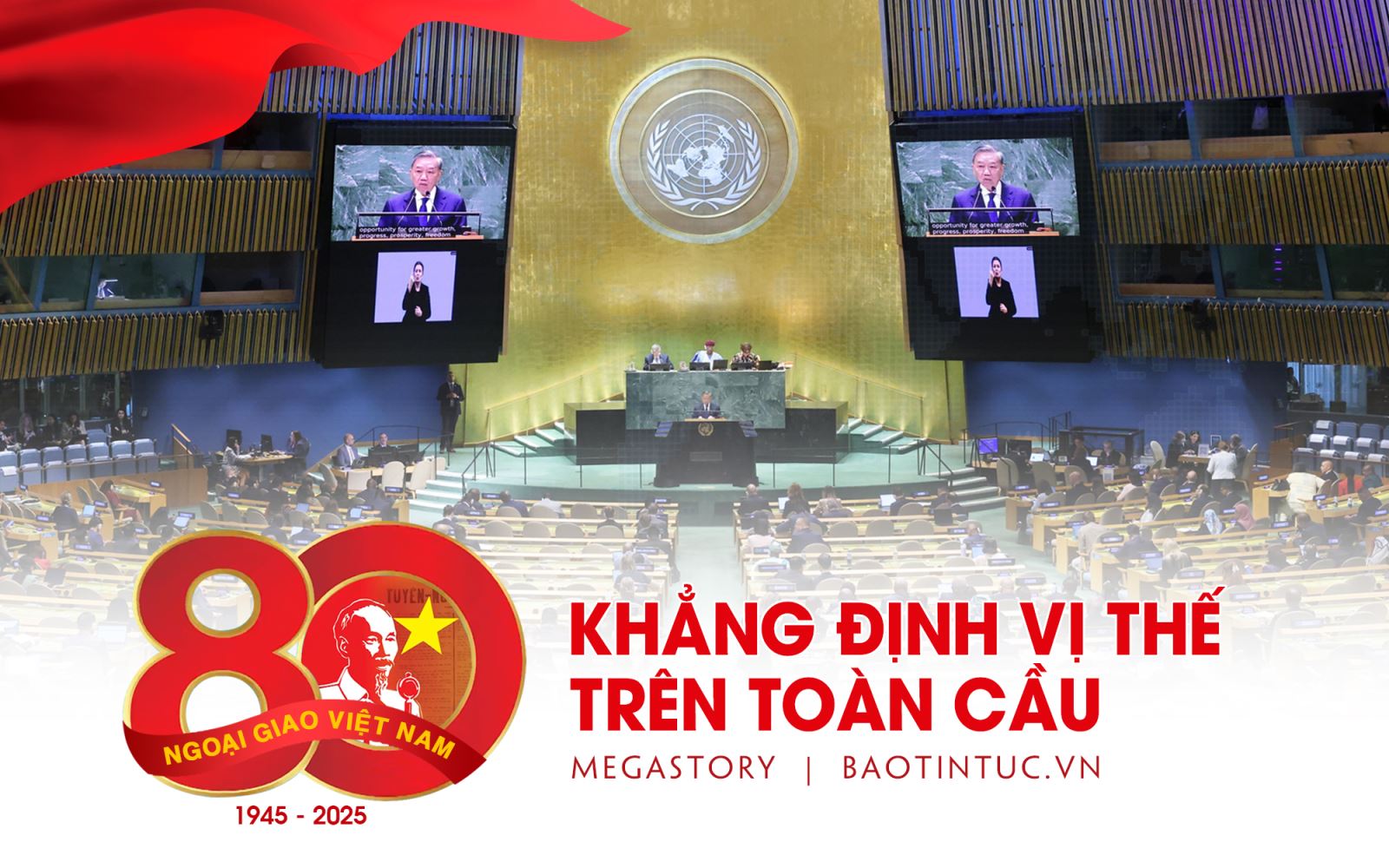
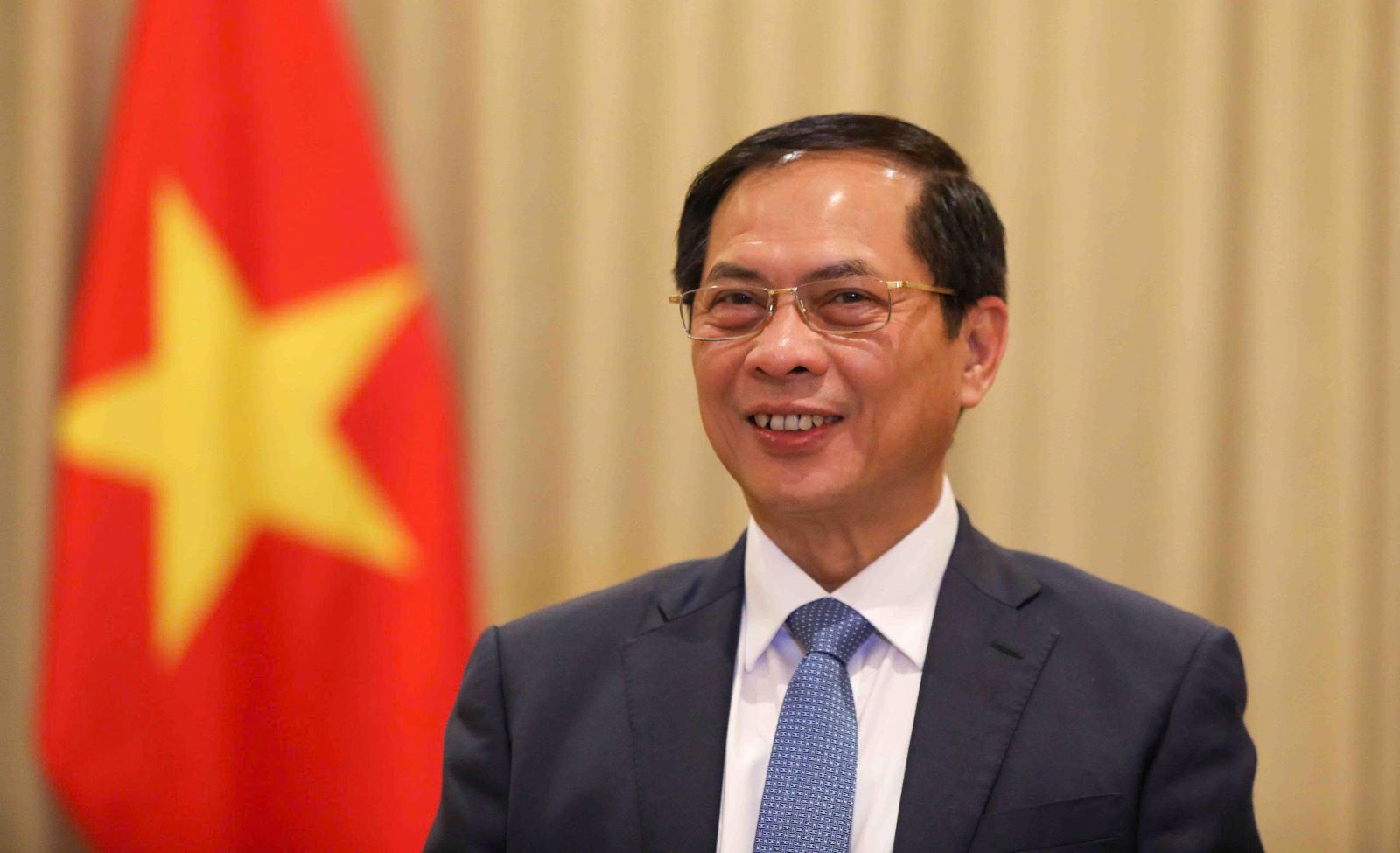
Deputy Prime Minister and Minister of Foreign Affairs Bui Thanh Son.
During 80 years of growth and development, under the leadership of the Party and the direct guidance of President Ho Chi Minh , the first Minister of Foreign Affairs, the Vietnamese Foreign Affairs sector has had a glorious and proud history. Looking back on the past 80 years, how does the Deputy Prime Minister and Minister assess the role, outstanding milestones, and important contributions of the Foreign Affairs sector to the struggle for independence and freedom, and the construction and development of the country?
Born in the historic August of 1945, the Diplomatic Service was honored and proud to be directly founded and laid the foundation by President Ho Chi Minh, a genius leader and outstanding diplomat. Throughout the past 80 years, diplomacy has made important contributions, leaving a strong mark in each historical period, from the period of maintaining independence, to the resistance war against colonialism and imperialism, and to the construction and protection of the Fatherland today.
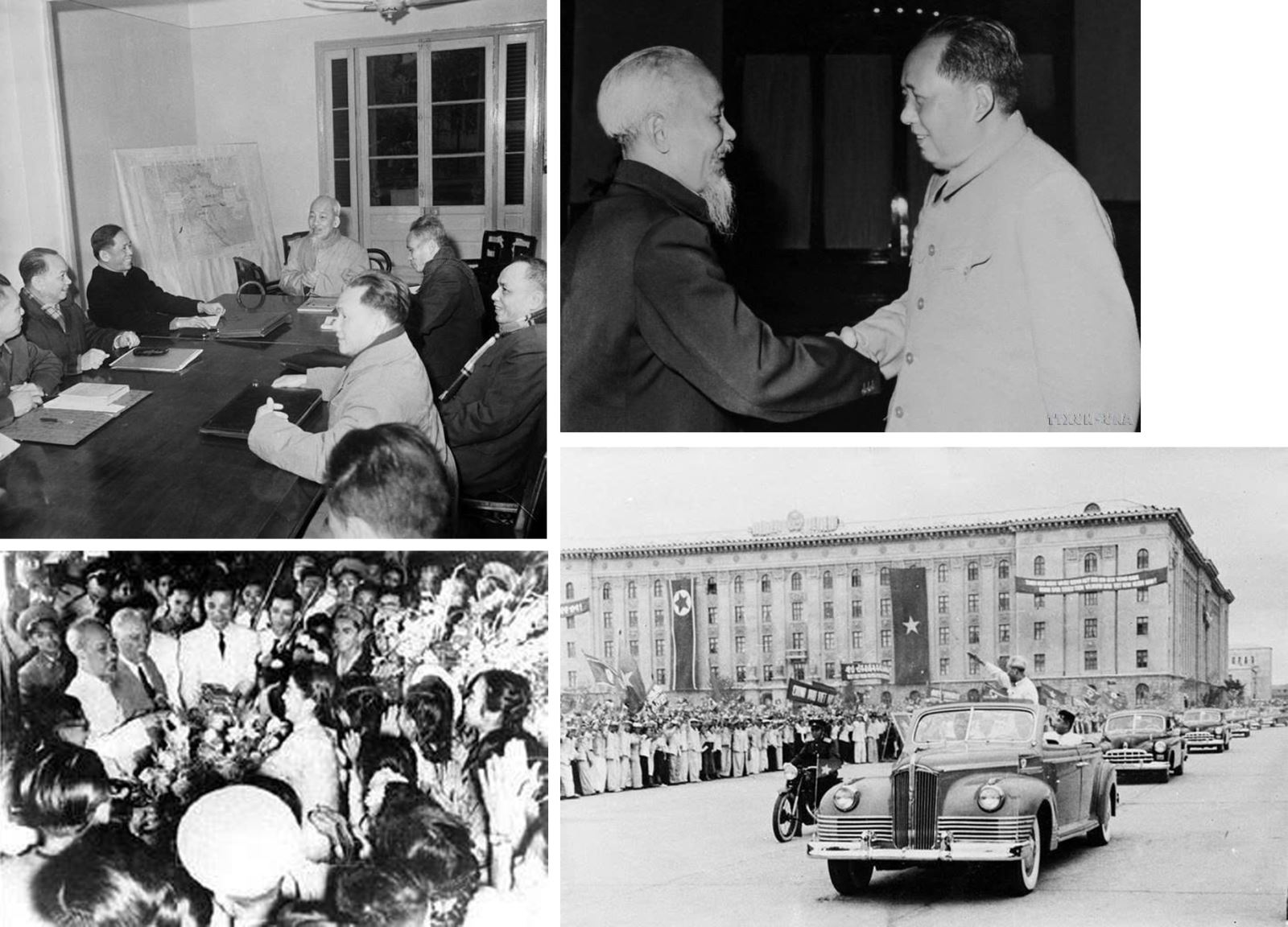
Not only was he the first Minister of Foreign Affairs, President Ho Chi Minh laid the foundation for modern Vietnamese diplomacy.
In the face of the "critical situation", facing "internal and external enemies" in the early days of the country's founding, the Foreign Affairs sector took the lead in the struggle to maintain the achievements of the revolution, preserve the people's government, and prolong the time to prepare forces for the long-term resistance war. The exemplary diplomatic "chess moves" of the Preliminary Agreement on March 6, 1946 and the Provisional Agreement on September 14, 1946, as well as the tireless efforts at the Dalat Conferences and at Fontainebleau, ensured that the country maintained the most proactive position in the difficult circumstances of that time.
During the resistance war against colonialism and imperialism, the Diplomatic Service not only served the resistance war but also actively fought to break the siege and isolation, expand relations with the outside world and gain support from international friends. Along with the military and political fronts, Vietnamese diplomacy promoted victories on the battlefield, forcing countries to sit at the negotiating table. The Geneva Agreement and the Paris Agreement were not only brilliant diplomatic milestones, but also created opportunities for the great victory of completely liberating the South, unifying the country, ending 30 years of arduous war against foreign invaders of the Vietnamese people.
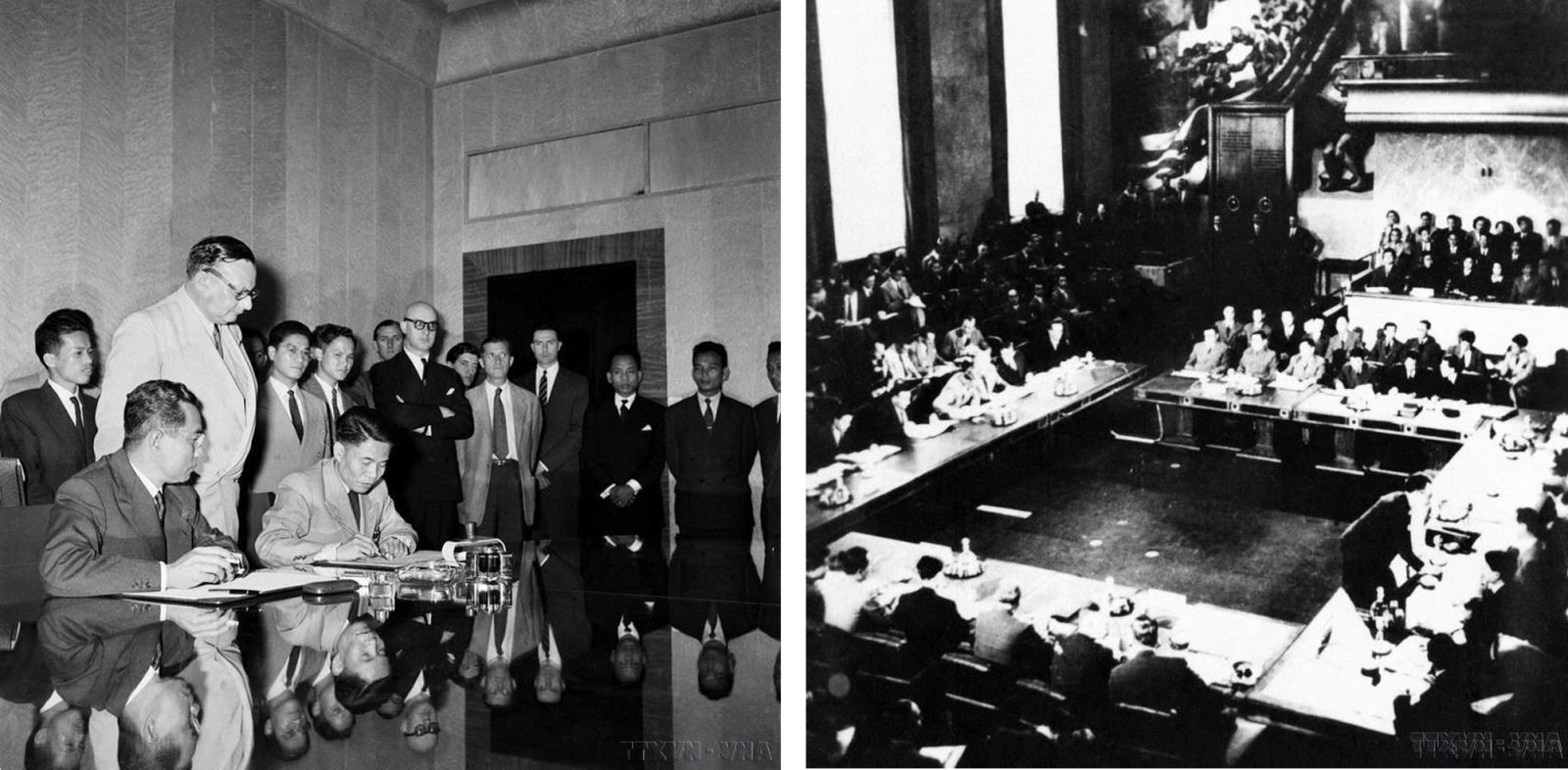
After the Dien Bien Phu Victory in 1954, the Foreign Affairs sector conducted a negotiation battle to reach the Geneva Agreement, forcing France and major countries to recognize Vietnam's basic national rights.
Entering the post-war period of national reconstruction, the Foreign Affairs sector took the lead in gradually breaking the siege and embargo, helping the country overcome socio-economic difficulties; normalizing relations with China, restoring relations with Southeast Asian countries, establishing diplomatic relations with the US and expanding relations with other countries. With the policy of "diversification and multilateralization", diplomatic relations have been increasingly expanded. From a besieged and isolated country, Vietnam has had diplomatic relations with 194 countries, established a network of strategic partnerships and comprehensive partnerships with 38 countries, including all the Permanent Members of the Security Council, G7 and G20 countries, and is an active member of more than 70 international organizations...
In addition, together with national defense and security, diplomacy has contributed to building a peaceful and friendly border belt, firmly protecting sovereignty and territory and creating cooperation mechanisms to resolve border and territorial issues by peaceful means. Multilateral diplomacy has contributed to making Vietnam an active and responsible member of the international community. Economic diplomacy and international integration have increasingly become important driving forces in socio-economic development, mobilizing external resources and conditions for development. The fields of work with overseas Vietnamese, cultural diplomacy, foreign information, and citizen protection continue to be implemented effectively and comprehensively.
During the 80 years of construction and development, under the leadership of the Communist Party of Vietnam, Vietnamese diplomacy has overcome many difficulties and challenges, constantly promoting glorious traditions, serving the Fatherland, serving the People, and contributing to great victories in the nation's revolutionary cause.
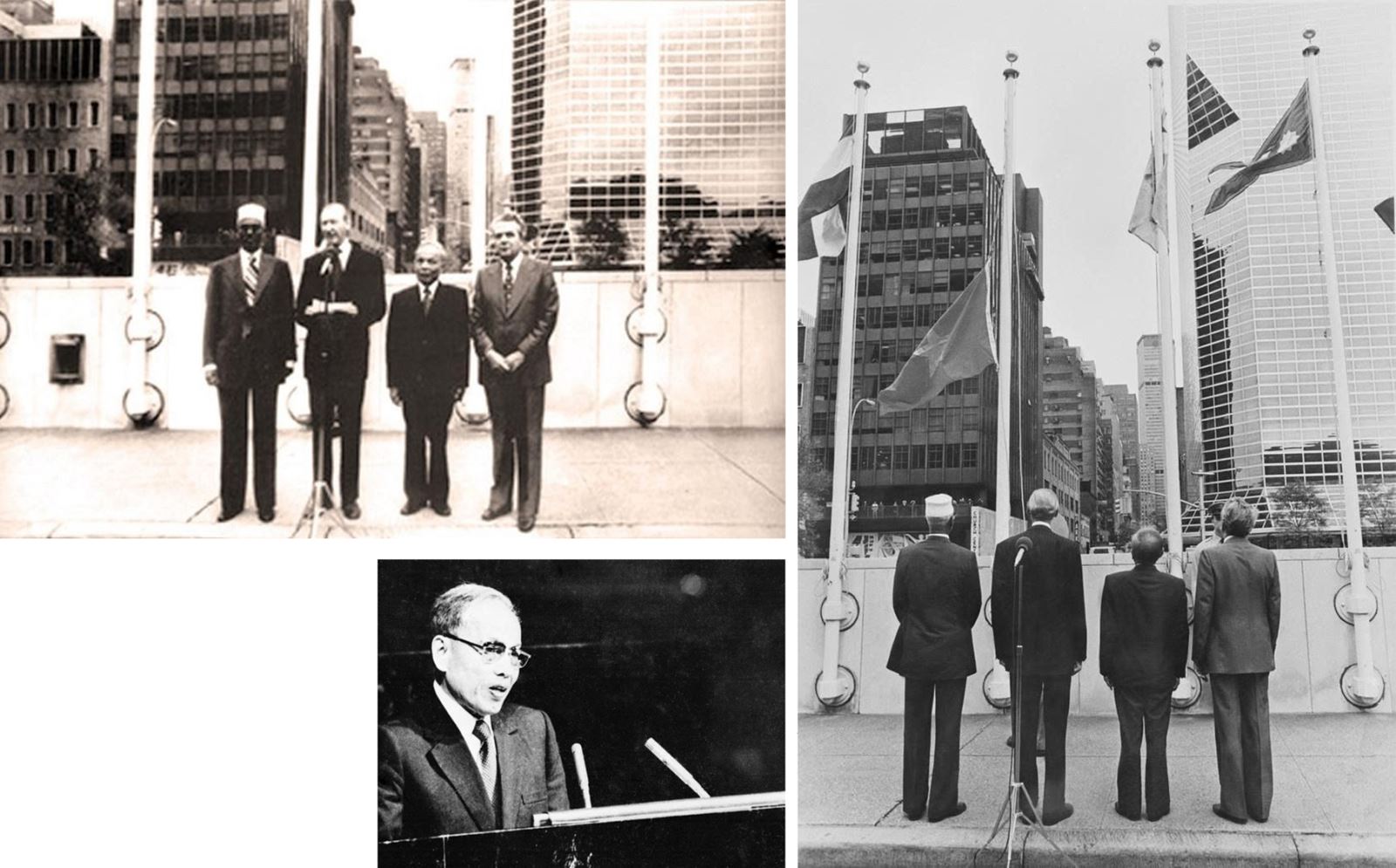
Foreign Minister Nguyen Duy Trinh speaks at the 32nd Session of the United Nations General Assembly in New York (USA) on September 20, 1977. The session passed a resolution recognizing Vietnam as a member of the United Nations.
What lessons have the Diplomatic sector learned from its practical implementation of tasks over the past 80 years? What are the core values that have created the identity and tradition of the Vietnamese Diplomatic sector, Deputy Prime Minister and Minister?
The Vietnamese Diplomatic Service was born and matured during 30 years of resistance war and has grown stronger during 40 years of renovation. Being tempered and tested during the most difficult periods of Vietnam's revolutionary history, it has also left Vietnamese diplomacy with many lessons that remain valuable to this day.
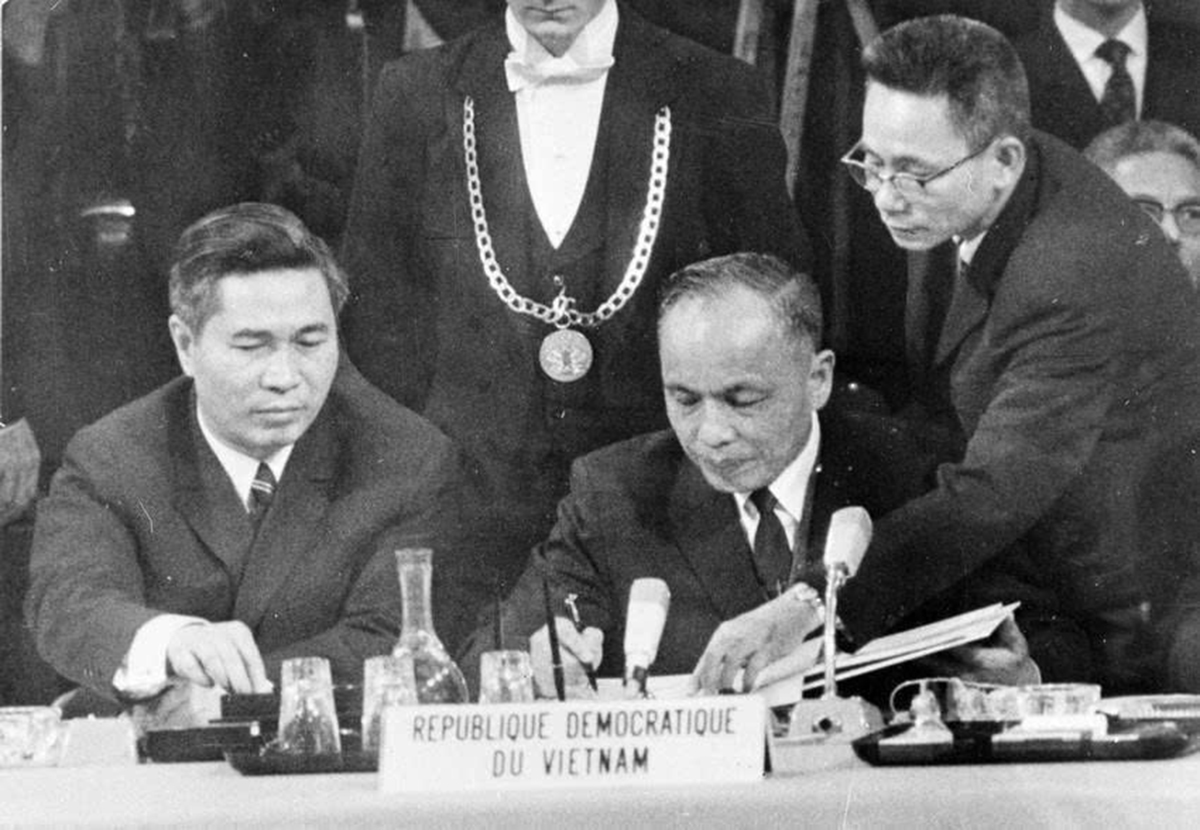
In 1973, Vietnamese diplomacy was successful in signing the Paris Agreement on ending the war and restoring peace in Vietnam. (In photo: Deputy Prime Minister and Minister of Foreign Affairs Nguyen Duy Trinh signed the Paris Agreement).
That is a lesson about ensuring the highest, above all and first of all national and ethnic interests. At the 3rd Diplomatic Conference in 1964, President Ho Chi Minh once advised that diplomacy "must always serve the interests of the nation" and his thoughts have been imbued and implemented by generations of Vietnamese leaders and diplomats throughout the past 80 years of history. That is also a lesson about the Party's unified and absolute leadership, being sensitive in assessing and grasping the situation, and decisive in making decisions. Right from the first days of its establishment, our Party determined that "the essential thing for the victory of the revolution is to have a Communist Party with a correct political line, with centralized discipline, close contact with the masses, experienced in war and matured".
It is also a lesson in combining internal and external forces, combining national strength with the strength of the times to create a great combined strength, thereby mobilizing the enormous support both materially and spiritually of progressive humanity to support Vietnam. It is also a lesson in being steadfast in principles but flexible in strategies according to the motto "responding to all changes with the unchanging"; a lesson in the importance of solidarity and consensus; a skillful application of the "five know" (knowing oneself, knowing others, knowing the times, knowing when to stop and knowing when to change); the ability to create opportunities and seize opportunities; and a diplomatic approach to win people's hearts with justice, humanity, reason and morality.
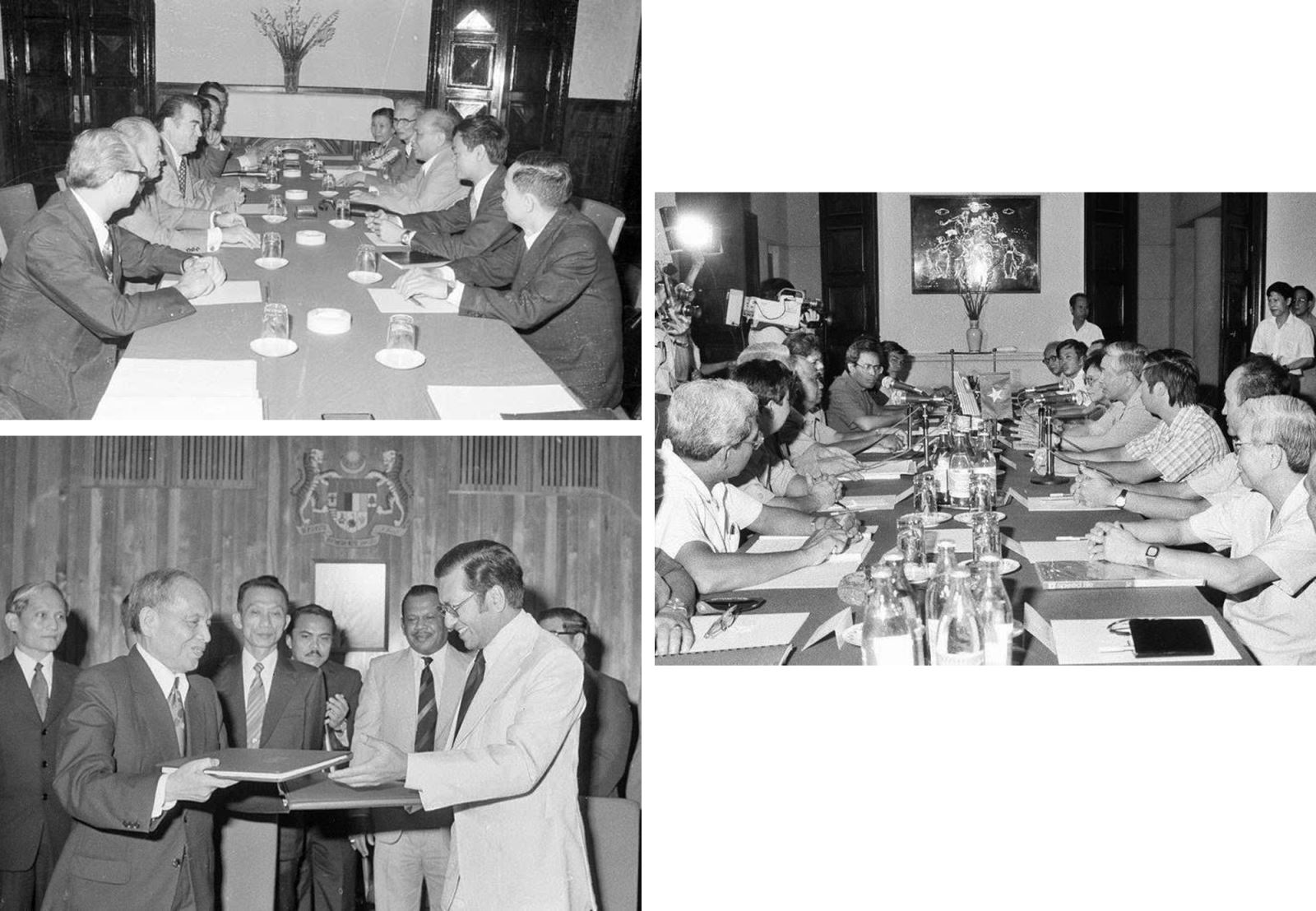
After the country's reunification, the Foreign Affairs sector played an important role in building peace, gradually integrating the country into the region and the world, and signing hundreds of international agreements and treaties.
These lessons have contributed to the formation of core values, building a diplomatic sector imbued with the national identity and Vietnamese people; always for the benefit of the nation, the people, serving the country, serving the people; a diplomatic sector that is courageous, resilient, but gentle, clever and imbued with the spirit, courage and intelligence of the Vietnamese people that has been forged over thousands of years of history. At the same time, the Vietnamese diplomatic sector also has a harmonious combination of national and international factors, both absorbing the quintessence from the outside and making positive and responsible contributions to world politics, the global economy and human civilization.
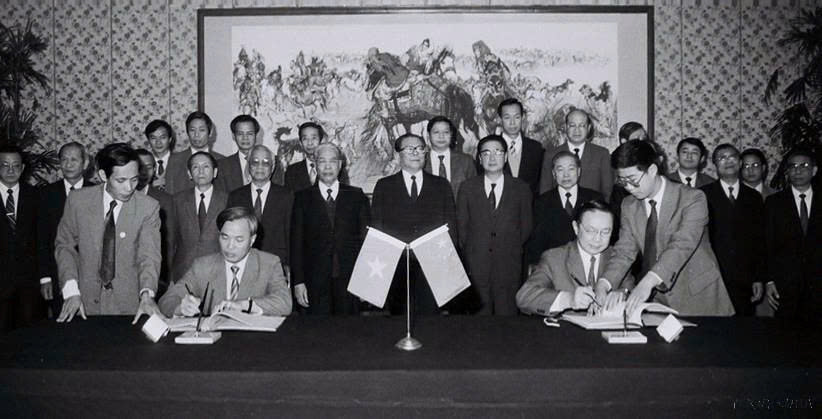
During the period from 1986 to 1995, the Ministry of Foreign Affairs advised the Politburo to pass Resolution 13 (May 1988), with three strategic turning points: "More friends, less enemies", diversifying and multilateralizing international relations (In photo: Signing ceremony of the agreement between China and Vietnam in November 1991).
The Politburo has issued four "pillar" Resolutions from institutions, science and technology to private economy and international integration. What do you think about the tasks and role of diplomacy in implementing the four Resolutions and what preparations has the Foreign Affairs sector made to continue to concretize Resolution 59, Deputy Prime Minister and Minister?
Looking back at the history of the revolution, the development of the country is always closely linked to the trends and changes of the times. This is also an important strategic period of the Vietnamese revolution to enter a new era, an era of strong development of the nation, achieving the 100-year goal under the leadership of the Party, creating a solid foundation to achieve the goal of 100 years of national founding.
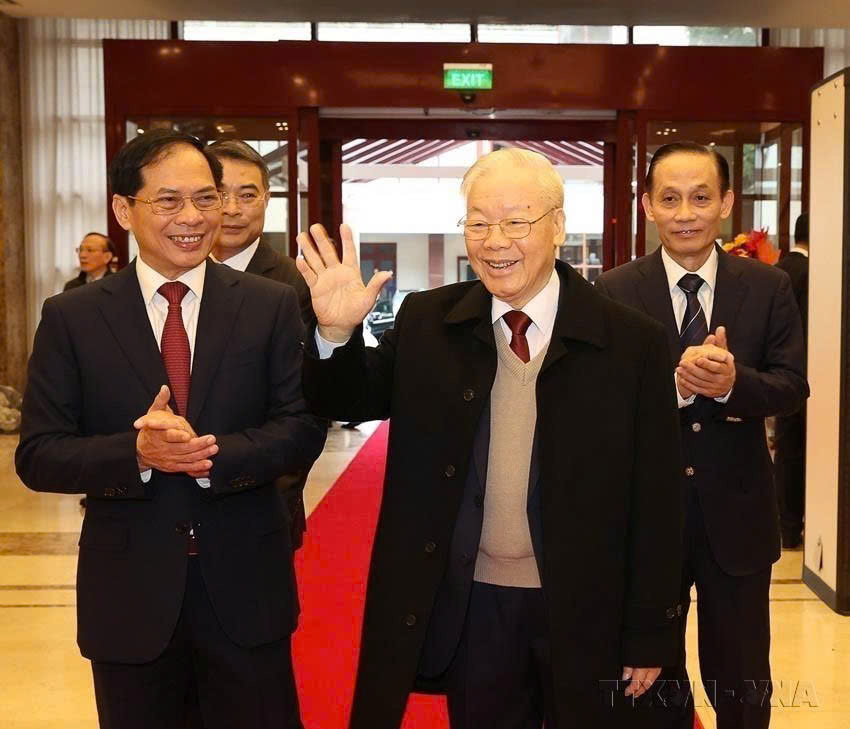
General Secretary Nguyen Phu Trong attended the 32nd Diplomatic Conference, with the theme: "Promoting the pioneering role, building a comprehensive, modern, and strong diplomatic sector, successfully implementing the Resolution of the 13th National Party Congress" in Hanoi on December 19, 2023.
In that context, the “Quad Pillars” of Resolutions are the driving force for Vietnam to “take off”. Resolutions 57-NQ/TW on breakthroughs in science and technology development, innovation and national digital transformation, Resolution 66-NQ/TW on innovation in law-making and enforcement, Resolution 68-NQ/TW on private economic development and Resolution 59-NQ/TW on international integration in the new situation are strategic decisions that contribute to creating opportunities and favorable conditions for the country’s strong and breakthrough development goals.
In particular, Resolution 59 marked a turning point in innovation of thinking and approach in the country's integration process. International integration was identified as both "important and regular" and "an important driving force" to bring the country into a new era. Current international integration does not stop at positioning Vietnam as a "latecomer", "participant", "joiner", but rather determines the position of a country that "builds", "shapes" and participates in "leading" cooperation frameworks suitable to the country's new conditions and capacity.
Economic diplomacy is one of the key tasks of the Foreign Affairs sector and plays an increasingly important role in the context of the current volatile world situation. Could you please assess the results and achievements of Vietnam's international economic integration in recent times and how will the Foreign Affairs sector implement economic diplomacy tasks to contribute to the realization of the country's development goals in the coming time?
Economic diplomacy is not only one of the key tasks but also becomes an important driving force in the sustainable development and deep integration of Vietnam. In recent times, economic diplomacy has been deployed synchronously, closely linked with political diplomacy, national defense, security, and culture, creating a united front, effectively serving the country's innovation and international integration.
To date, Vietnam has established economic and trade relations with more than 230 countries and territories; signed and implemented 17 Free Trade Agreements (FTAs), including many new generation FTAs and is promoting negotiations with other partners. Vietnam is now in the group of 32 leading countries in the world in terms of GDP scale, top 20 countries with the largest trade scale and foreign investment attraction, with positive contributions from economic diplomacy.
Along with that, the active implementation of Directive 15 of the Secretariat on economic diplomacy has contributed to making Vietnam an important link in the regional and world markets; expanding cooperation in new fields, participating more deeply in supply chains, and improving its position in the global value chain.
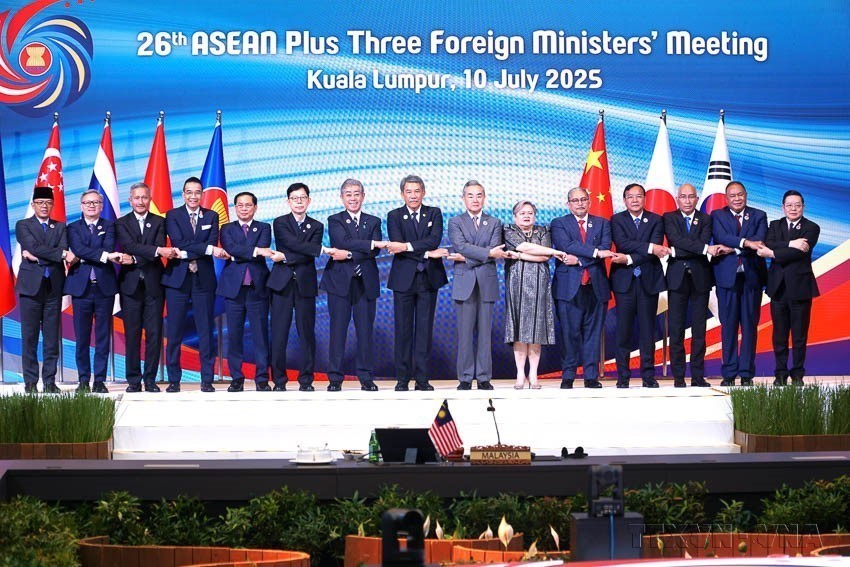
Deputy Prime Minister and Minister of Foreign Affairs Bui Thanh Son (fifth, left) with ASEAN Ministers at the ASEAN Foreign Ministers' Meeting +3b (Malaysia, July 10, 2025).
In the context of intertwined challenges and opportunities, closely following the country's development goals, especially the double-digit growth target and two 100-year goals, in the coming time, the country's economic diplomacy will focus on four priority tasks:
One is to maximize the benefits of existing free trade and investment agreements, especially in untapped markets and sectors; to open up new sources of investment and finance, especially resources from large enterprises and investment funds; to concretize the newly upgraded relationship frameworks into practical and effective economic cooperation programs and projects.
Second, actively contribute to promoting growth, focusing on renewing traditional growth drivers (investment, export, consumption); at the same time, promoting new growth drivers (science and technology, digital transformation, green growth, circular economy, knowledge economy).
Third, promptly identify and seize opportunities from emerging trends such as digital transformation, green transformation, and energy transformation; establish extensive cooperation with the world's innovation centers, including countries and businesses, in breakthrough fields such as high technology, semiconductors, artificial intelligence, quantum science, etc.
Finally, economic diplomacy will continue to accompany ministries, branches, localities and businesses in removing difficulties and obstacles, creating leverage, connecting, attracting new projects and cooperation programs from partners, serving the country's rapid and sustainable development.
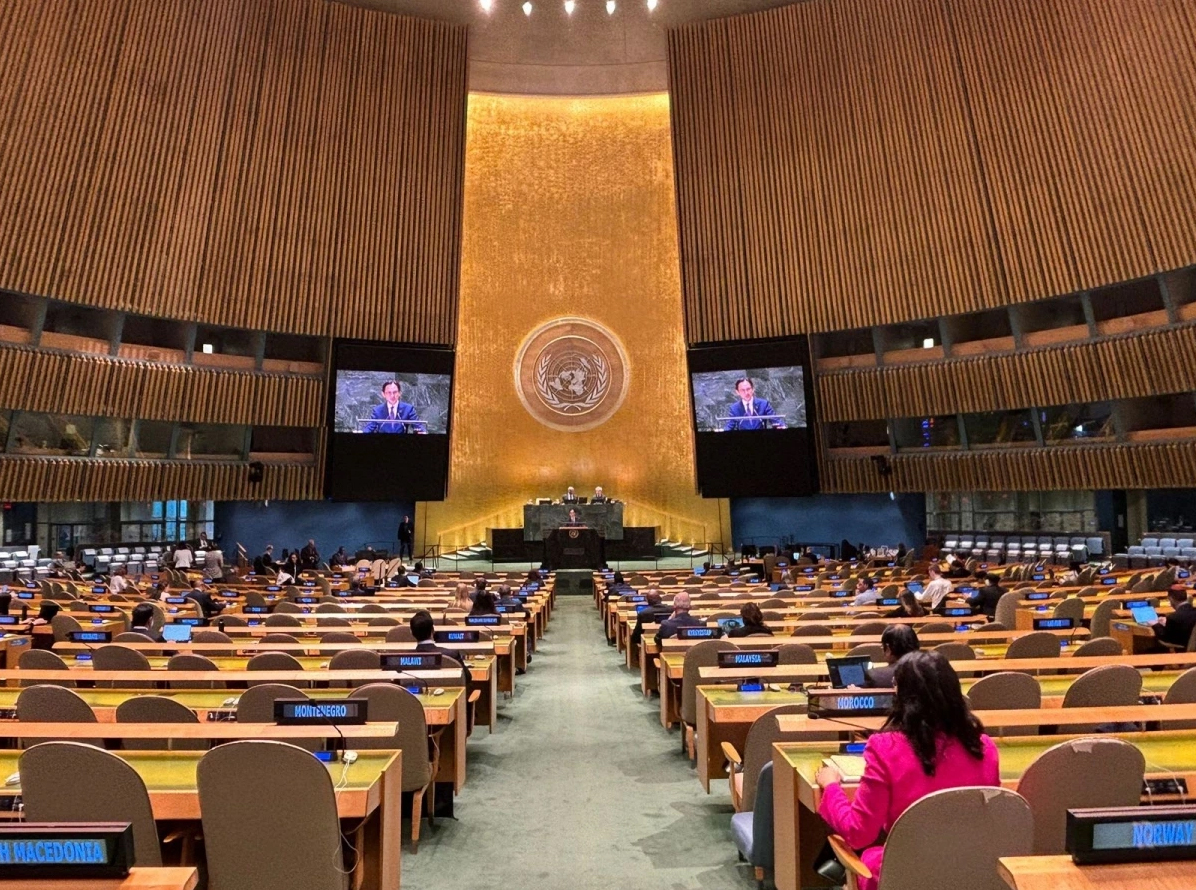
Deputy Minister of Foreign Affairs of Vietnam Do Hung Viet speaks at the Special Emergency Meeting on the conflict and humanitarian crisis in Gaza (New York, December 12, 2024).
Over the past 80 years, Vietnamese intellectuals abroad have always been a special resource, playing an important role in the country's development. In recent years, Vietnam has had policies to connect, attract and promote the potential of Vietnamese intellectuals abroad. So in the new development stage, what specific solutions and innovations will the Foreign Affairs sector implement to continue attracting second and third generation young intellectuals abroad to return to contribute to the country, Deputy Prime Minister and Minister?
The overseas Vietnamese community (OVERSEAS) is an inseparable part of the nation, making an important contribution to the country's development, with about 6 million Vietnamese people living, studying and working in more than 130 countries and territories.
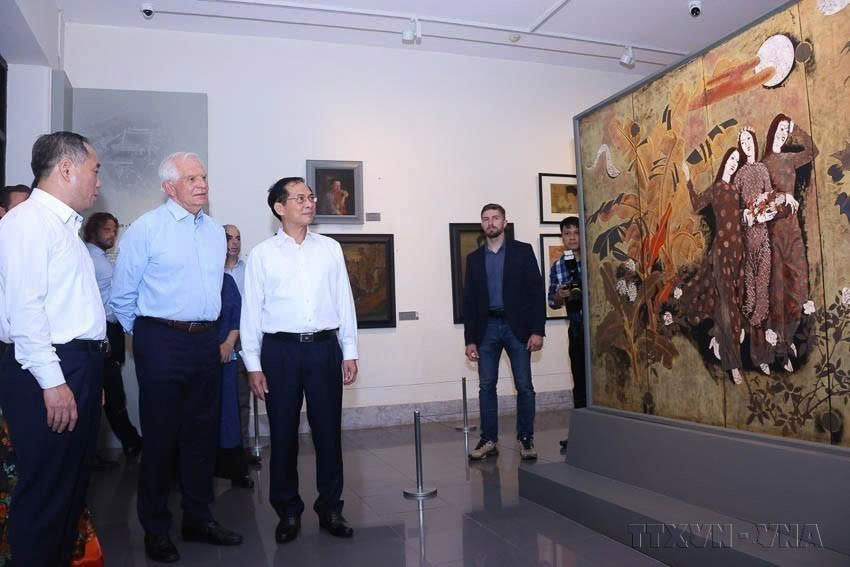
Deputy Prime Minister and Minister of Foreign Affairs Bui Thanh Son and Vice President of the European Commission (EC) and High Representative of the European Union (EU) for Foreign Affairs and Security Policy Josep Borrell Fontelles visited the Vietnam Museum of Fine Arts (Hanoi, July 30, 2024).
With a deep awareness of the role and position of overseas Vietnamese, in recent years, the work of NVONN has been comprehensively implemented, thereby demonstrating the attention and care of the Party and State, contributing to consolidating the strength of the great national unity bloc, promoting the resources of overseas Vietnamese for national construction and development. Along with that, the Party and State have also had mechanisms to connect and invite to attract and promote the potential of overseas Vietnamese, especially intellectuals. Resolution No. 57-NQ/TW of the Politburo on the development of science, technology, innovation and national digital transformation has put forward breakthrough policies to attract and promote overseas Vietnamese experts and scientists to return to the country to work and live. The National Assembly also issued many new laws such as the amended Nationality Law, which removes obstacles in acquiring/returning to Vietnamese nationality; at the same time, retaining foreign nationality for overseas Vietnamese; The Law on Science, Technology and Innovation grants more autonomy to individuals and scientific research organizations...
Most recently, General Secretary To Lam also requested to urgently propose and recommend special preferential policies, creating the most favorable conditions for overseas Vietnamese experts and intellectuals to participate and contribute to the development of the country. More than ever, promoting the strength of the overseas Vietnamese community is becoming increasingly important, one of the major driving forces bringing the country into a new era of the nation.
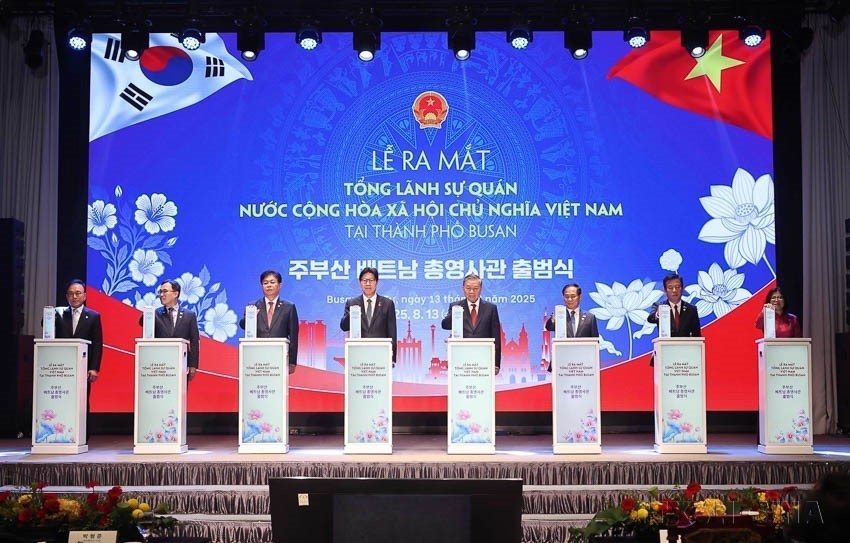
General Secretary To Lam and delegates performed the launching ceremony of the Consulate General of Vietnam in Busan city (South Korea, August 13, 2025).
In that spirit, the Ministry of Foreign Affairs will continue to closely coordinate with relevant ministries and branches to continue to create a favorable legal framework and policies so that overseas Vietnamese experts and intellectuals can feel secure in staying and contributing to the country. Along with that, building an open and attractive working environment for overseas Vietnamese, with adequate and modern facilities, appropriate remuneration, without distinction between the public and private sectors to maximize the research and creativity of overseas Vietnamese. At the same time, simplifying administrative procedures to make it easier for overseas Vietnamese to return to the country to live, invest and do business; promoting the application of information technology, science and technology in community connection activities; training and supporting the development of overseas Vietnamese intellectual resources, focusing on the young generation... All with the goal of building a rich, prosperous and happy Vietnam.
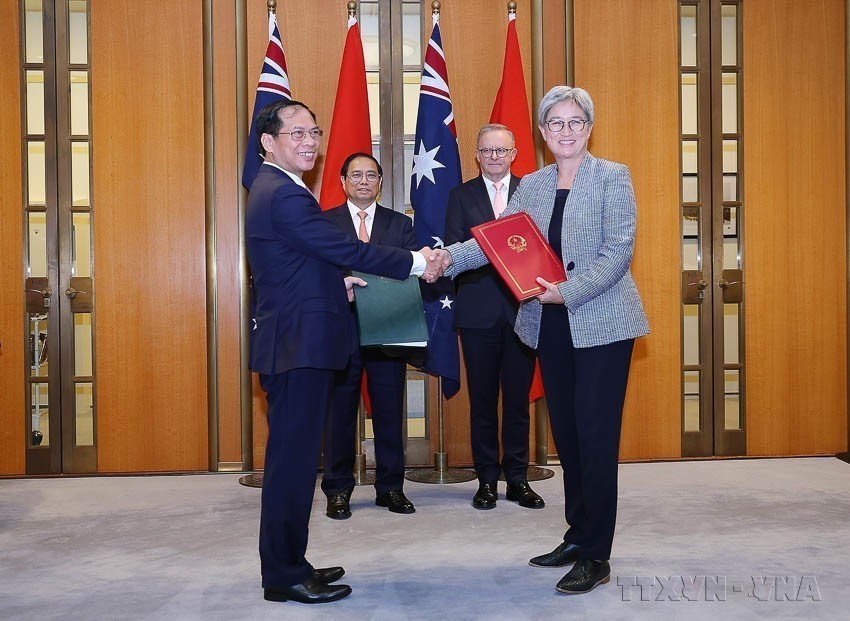
Prime Minister Pham Minh Chinh and Australian Prime Minister Anthony Albanese witnessed the exchange of cooperation documents between the Vietnamese Ministry of Foreign Affairs and the Australian Ministry of Foreign Affairs (Canberra, March 7, 2024).
Deputy Prime Minister and Minister, how do you evaluate the young diplomatic staff today? On the occasion of the 80th anniversary of the Vietnamese Diplomatic Service, what message do you have for those working in the diplomatic sector, including young diplomatic staff and the next generation of diplomats?
Uncle Ho said, “Cadres are the root of all work.” Imbued with Uncle Ho’s teachings, the Foreign Affairs sector always focuses on building the sector in a comprehensive, modern, and professional direction, including building a team of diplomatic cadres who are both red and specialized.
Young diplomatic officers today are officers with good professional qualifications and foreign languages, dynamic, enthusiastic with high adaptability, have the spirit of learning, progress and understanding of science and technology. This has been meeting the increasing needs in all aspects of foreign affairs activities. This can be said to be an important successor force in the important mission of foreign affairs which is to ensure the highest national and ethnic interests, serving the country and the people. With that meaning, young officers are always given conditions to train and develop themselves, both in ethics, expertise and necessary skills to serve the increasingly high requirements of comprehensive and modern diplomacy.
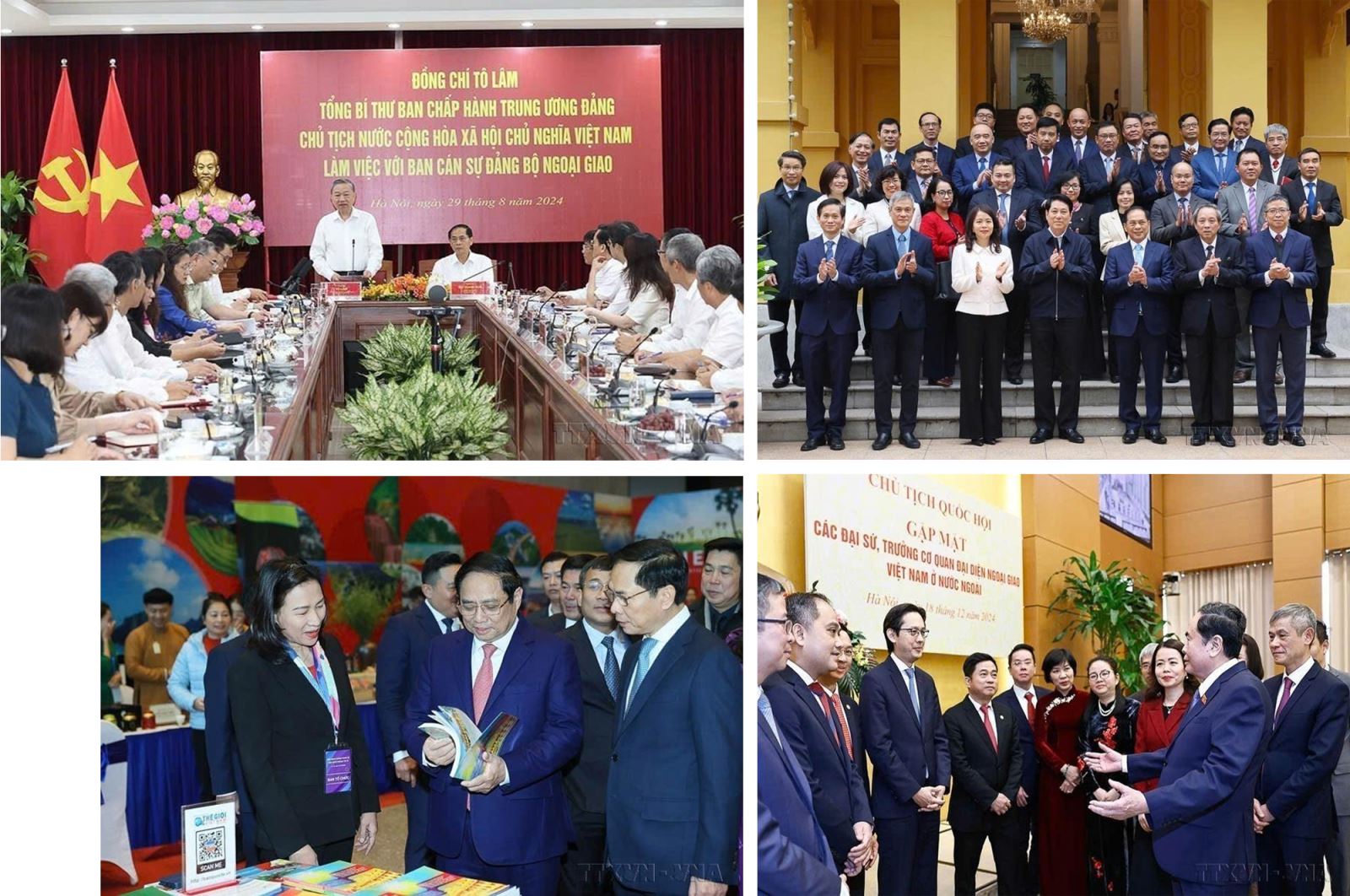
Party and State leaders during a working session with the Ministry of Foreign Affairs.
Diplomacy is a profession with many difficulties and challenges, but also glorious. The mission of diplomacy is to protect, fight for, and promote the highest interests of the nation and people. To carry out that mission, the Ministry of Foreign Affairs encourages young cadres to always keep within themselves the "flame of passion", to practice the spirit of overcoming difficulties, to be aware of self-study and self-training, to "serve the country, serve the people", always be aware of "public ethics", be exemplary, and dedicated.
The country is entering a new era, hopefully the young diplomatic staff will always promote the noble qualities of previous generations of diplomats, be steadfast in revolutionary goals and ideals, be steadfast in political ideology, and be proficient in professional skills to excellently complete all tasks assigned by the Party and State to the diplomatic sector.
Thank you very much, Deputy Prime Minister and Minister!
Article: Le Van
Photo: VNA
Presented by: Nguyen Ha
Source: https://baotintuc.vn/long-form/emagazine/80-nam-ngoai-giao-viet-nam-khang-dinh-vi-the-tren-toan-cau-20250821175918546.htm










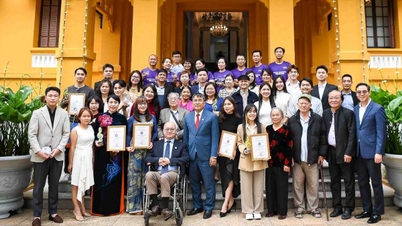


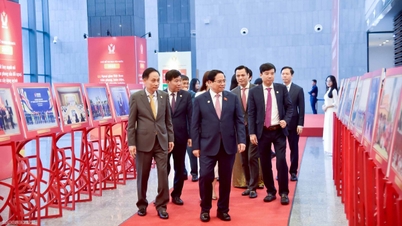
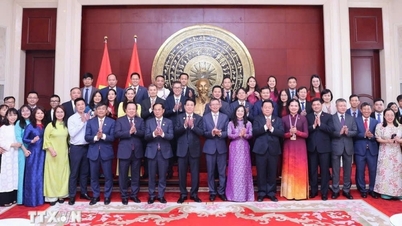
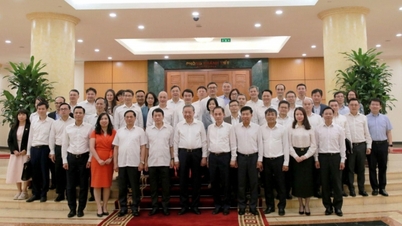
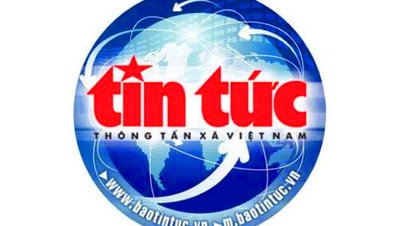
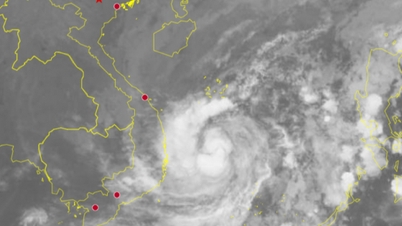

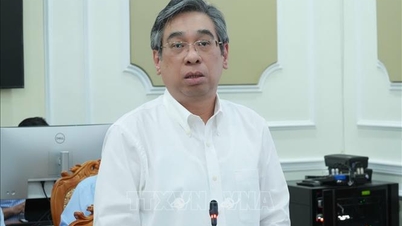


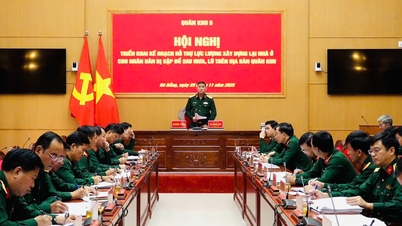






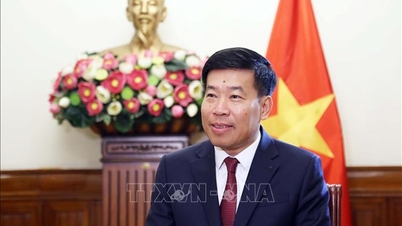
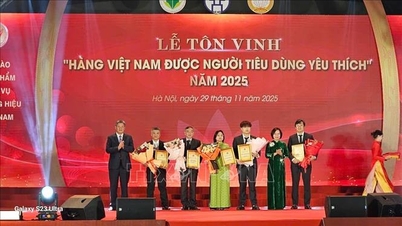
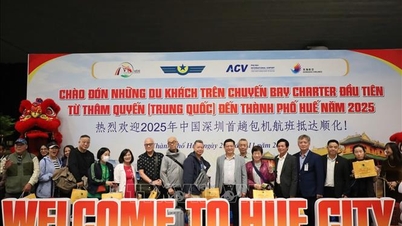
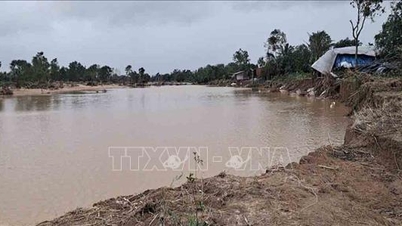
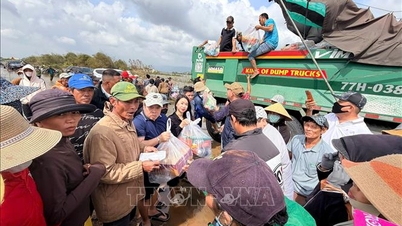
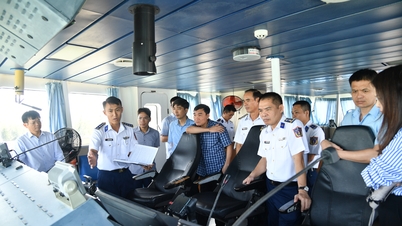
















































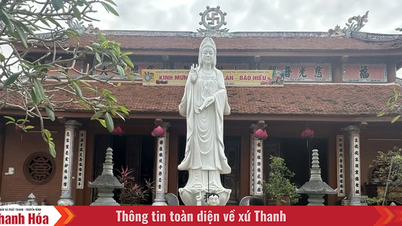

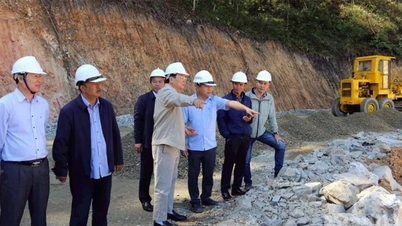

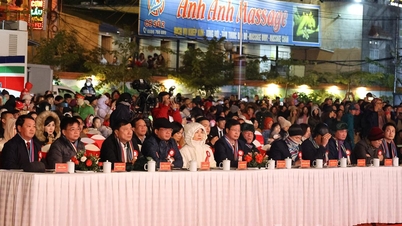


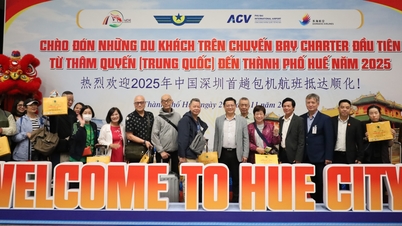













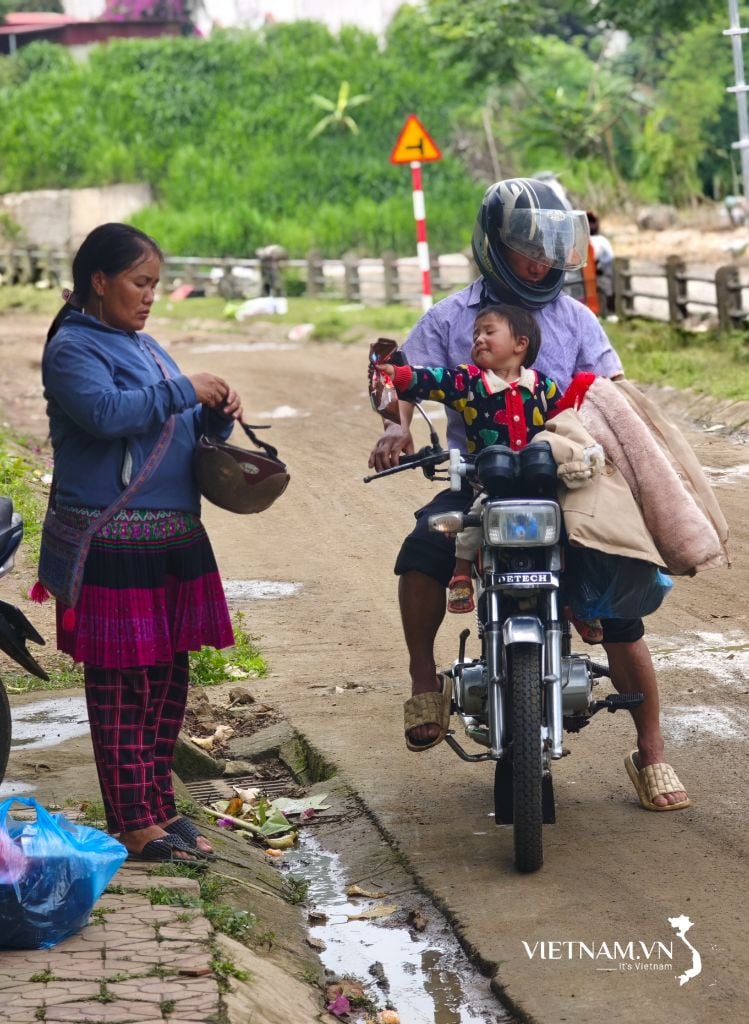


Comment (0)